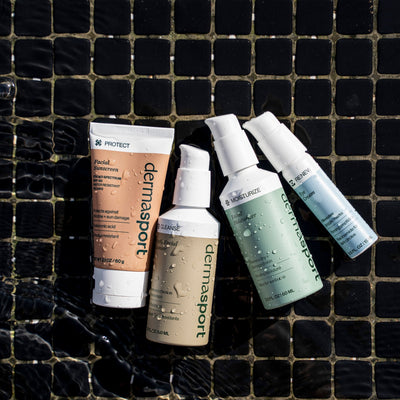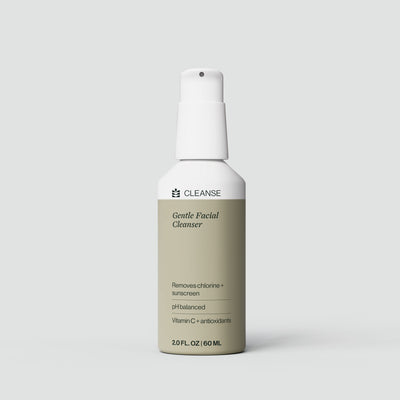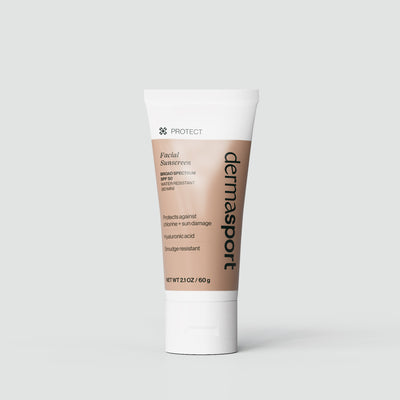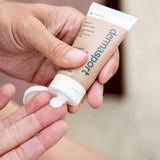Why Zinc Oxide is the Best Choice for Reef-Safe Sunscreens
The health of our oceans and coral reefs is a growing concern, and the choices we make in sunscreen can play a significant role in their preservation. Among the various sunscreen ingredients, zinc oxide stands out as the best option for those concerned about reef safety. Here's why:
1. Non-Toxic to Coral Reefs
Unlike chemical sunscreens containing ingredients like oxybenzone and octinoxate, which have been shown to cause coral bleaching and are toxic to marine life (Downs et al., 2016), zinc oxide is a mineral-based compound that doesn't harm reefs.

2. Broad-Spectrum Protection
Zinc oxide provides broad-spectrum protection against both UVA and UVB rays (Latha et al., 2013). Its reflective properties physically block the sun's rays, offering superior sun protection.
3. Biodegradable
Zinc oxide is a natural mineral that is biodegradable and doesn't contribute to water pollution. Unlike harmful chemical filters, it breaks down naturally without adverse effects on marine ecosystems.
4. Suitable for Sensitive Skin
Zinc oxide is known for its soothing properties, making it suitable for sensitive skin (Ou-Yang et al., 2017). It doesn't cause skin irritations that some chemical sunscreens might trigger.
5. Regulations and Recommendations
Governments and organizations are recognizing the importance of reef-safe sunscreens. Places like Hawaii have banned sunscreens containing oxybenzone and octinoxate to protect coral reefs (State of Hawaii, 2018). Many environmental organizations recommend using sunscreens with zinc oxide as an active ingredient to ensure reef safety.
Conclusion
Zinc oxide's non-toxic, broad-spectrum, and biodegradable properties make it the superior choice for reef-safe sunscreens. By choosing sunscreens containing zinc oxide, we can enjoy the sun and water while playing a part in preserving the delicate balance of our oceans.
For those who spend time in the water, selecting a sunscreen with zinc oxide isn't just a personal preference; it's an environmental responsibility. Embrace the power of zinc oxide, and make a positive impact on our beautiful oceans and the life they harbor.
References
- Downs, C. A., Kramarsky-Winter, E., Segal, R., et al. (2016). Toxicopathological Effects of the Sunscreen UV Filter, Oxybenzone (Benzophenone-3), on Coral Planulae and Cultured Primary Cells. Archives of Environmental Contamination and Toxicology, 70(2), 265–288.
- Latha, M. S., Martis, J., Shobha, V., et al. (2013). Sunscreening Agents. Journal of Clinical and Aesthetic Dermatology, 6(1), 16–26.
- Ou-Yang, H., Jiang, L. I., Meyer, K., et al. (2017). Sun Protection by Beach Umbrella vs Sunscreen With a High Sun Protection Factor. JAMA Dermatology, 153(3), 304–308.
- State of Hawaii. (2018). Senate Bill No. 2571: Relating to Water Pollution. Hawaii State Legislature.






